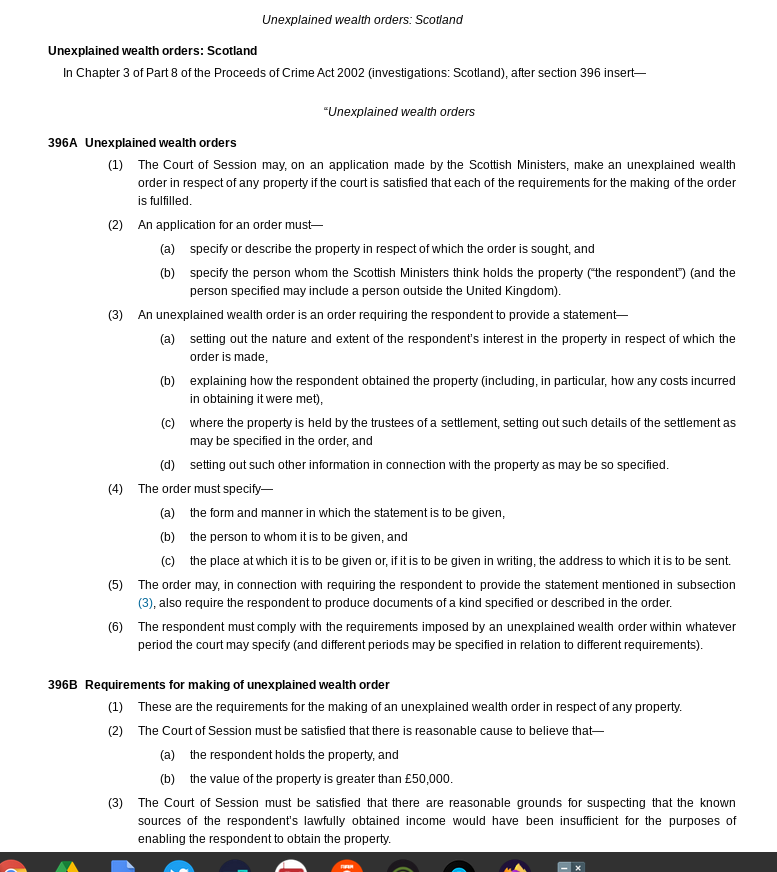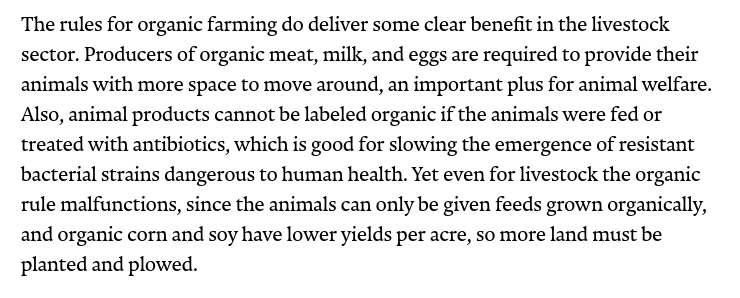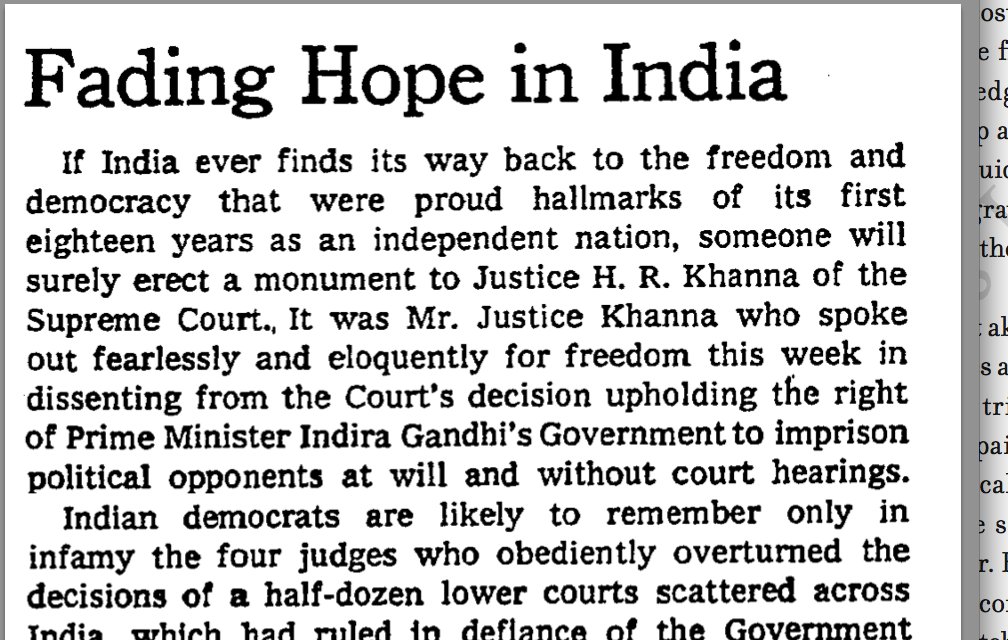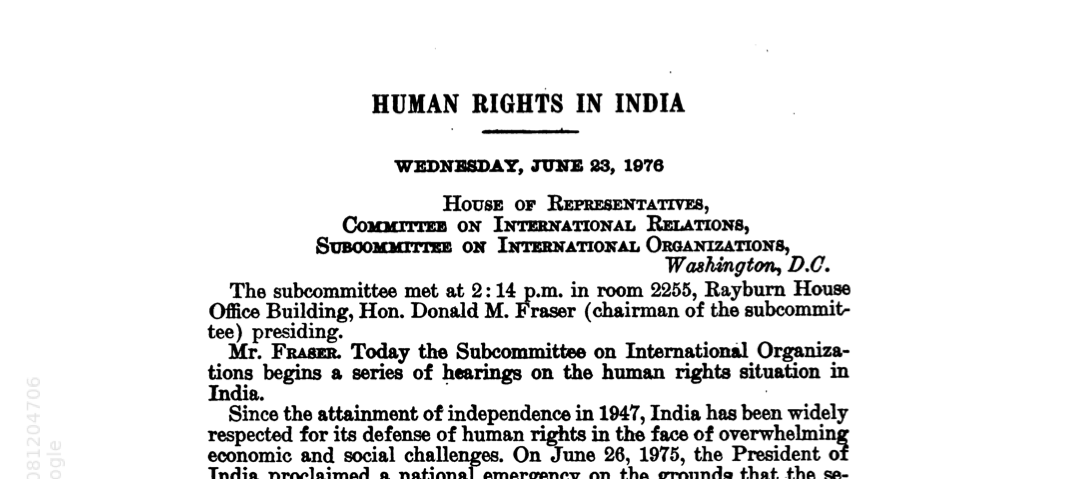Mollyycolllinss's Categories
Mollyycolllinss's Authors
Latest Saves
I don’t think the sharp opposition between “hard-edge populism” & “conservative orthodoxy” holds. Many of the Trump administration’s achievements were boilerplate conservatism. Its own website trumpets things like “massive deregulation,” tax cuts, etc. /2
https://t.co/N97v85Bb79
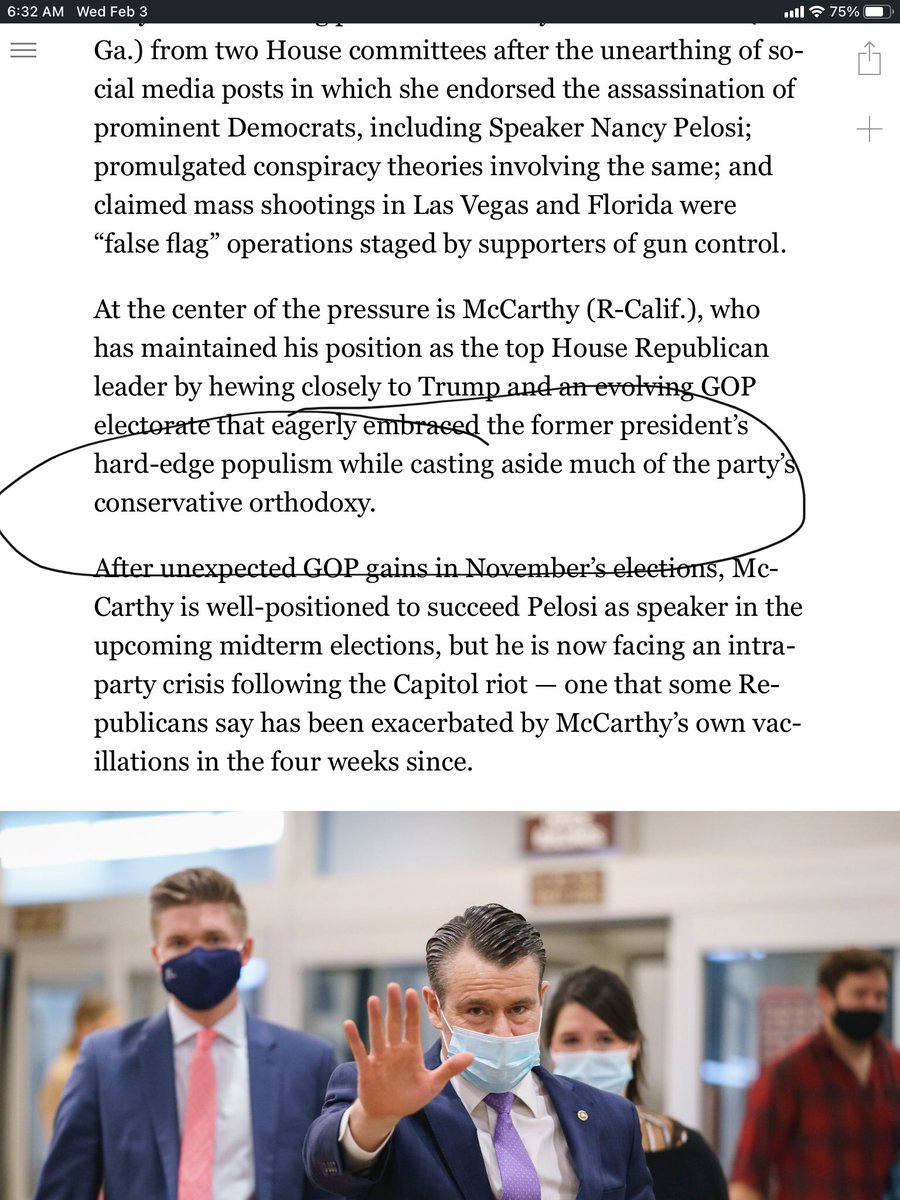
The claim that Buckley and “key GOP politicians banded together to marginalize anti-Communist extremism and conspiracy-mongering” of the JBS has been widely repeated lately but the history is more complicated. /3
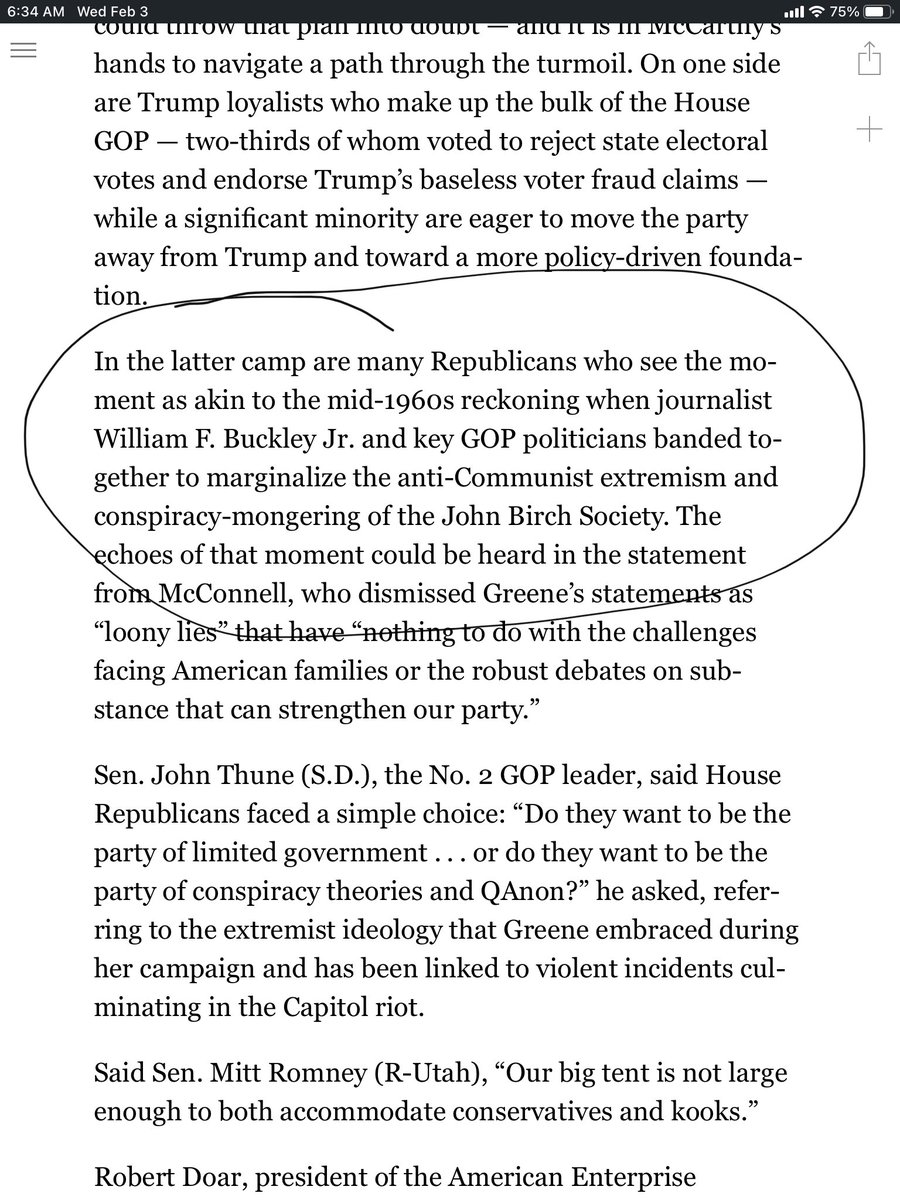
This tweet by @ThePlumLineGS citing a paper by @sam_rosenfeld and @daschloz on the "porous" boundary between conservatives, the GOP and the far-right is relevant in this context.
There's a great paper called "The Long New Right" that tells the story of the GOP/conservative movement's failure to police extremists for the last 50 years.
— Greg Sargent (@ThePlumLineGS) January 28, 2021
It's highly relevant to the insurrection and Marjorie Greene's lunacy.
I summed it up here:https://t.co/DTlzGomy5h pic.twitter.com/Dhc38CDuE2
This is a separate point but I find it interesting that Gaetz, like Roy Moore did In his failed Senate campaign, disses McConnell. What are their actual policy differences? MM supported taking health care away from millions, a tax cut for the rich, conservative judges, etc. /5

A new study found that giving low-income workers money upfront in their work period helped alleviate the mental burden of their financial problems and allowed them to be more productive \u2014 echoing other findings on the psychological impacts of poverty.https://t.co/zdxItTLDLZ
— NPR (@NPR) February 3, 2021
“Giving money to people in poverty solves poverty” is an obvious truth, which needs (another) study for proof, for the same reason that this finding will be ignored (again).
We don’t want to fix poverty, even if doing so helps everyone—not if it means life for the “undeserving.”
It’s not about saving money.
There's a great fear in this country that a single dollar might go to someone who might not deserve it; or that a single given dollar might be spent on something we deem unworthy.
We'll spend five dollars to prevent the waste of that one dollar.
The manifestations are everywhere. From the overt, gleefully cruel hostility of conservatism toward people in poverty, of course. But also hidden in almost everyone's assumptions.
Our use of charity as a way of controlling who gets helped, for example.
Charity isn't primarily an act.
— A.R. Moxon (@JuliusGoat) November 10, 2019
Before the act comes an alignment.
Charity is the natural fruit of a deep alignment with the virtue of generosity.
It sure shouldn't be a delivery mechanism for one's own beliefs about worthiness.
Even the reversal—a desire to prevent aid from going to "undeserving" wealthy who don't need it (true)—leads us to create obstacles to aid people in poverty often can't overcome, but wealthy people can.
Which is why wealthy people like means
Whenever someone proposes a means-testing solution, it's an indication they've internalized the lie, foundational to the United States, that some people deserve life and others don't.
— A.R. Moxon (@JuliusGoat) December 18, 2020
It's an expensive lie.
He was an Anti-Hindu m0r0n just like Periy@r.
A wonderful piece from the Quora space "Tamil Right-Wingers"https://t.co/qokR0GQw4A
— Soumili Das (\u0938\u094c\u092e\u093f\u0932\u0940 \u0926\u093e\u0938 ) (\u09b8\u09cc\u09ae\u09bf\u09b2\u09c0 \u09a6\u09be\u09b8 ) (@Soumili_Squeaks) February 2, 2021
Yes it's true that he criticised K2@s but that doesn't make him any useful for Hindus.
His writings will remind you a lot of JNU Urban Naxals like Kanhaiya.
"Ancient Hindus had no sexual morals, brother cohabited with sister, son with mother, father with daughter... Men freely shared women & none had exclusive right over her... Prostitution flourished in the worst form...bestiality prevailed, done even by Rishis."
Riddles in Hinduism

This is what Shri Ram said in Kishkindha-Kanda of Valmiki Ramayana regarding such immoral relationships.
But how could Neela Katt@ppa not realize this?
Because he severely lacking analytical capabilities of Hindu texts.

"Hindu Gods were miserable cowards who had to hide behind their wives to save themselves from Asuras. How could these cowards give power to Shakti? Did the Brahmins invent the practice of worshipping of Goddesses to put a new commodity in the market?"
Riddles in Hinduism.

A few people in the DMs asking about equity factor models so here's a short explainer.
— macrocephalopod (@macrocephalopod) February 2, 2021
Let's make it a concrete problem -- you are the risk manager at a big multi-manager hedge fund with ~100 sub-PMs each of whom has a portfolio of 10-50 stocks, long and short.
1. How do you get the exposure matrix Xt?
There are different ways to estimate it, depending on the factor. Simplest is factors like industry or country exposure where the entries can be 0/1 depending on whether the stock is in that industry/country or not.
Some exposures can be estimated by linear regression on historical data, if you already have a time series which approximates the factor returns. E.g. exposure to the market factor (beta) is estimated this way, by regressing each stock against the S&P 500 (or some other index)
This also works for "macro" factors e.g. you can estimate exposures for each stock to commodity prices, exchange rates, interest rates, GDP or inflation surprises etc by regressing stock returns against the relevant historical time series.
Finally you can have exposures which are heuristically derived from other observable data about the stock, e.g. accounting data, analyst reports, past price movements etc. In this case you find some metric which measures the factor you care about (e.g. price to earnings) and









